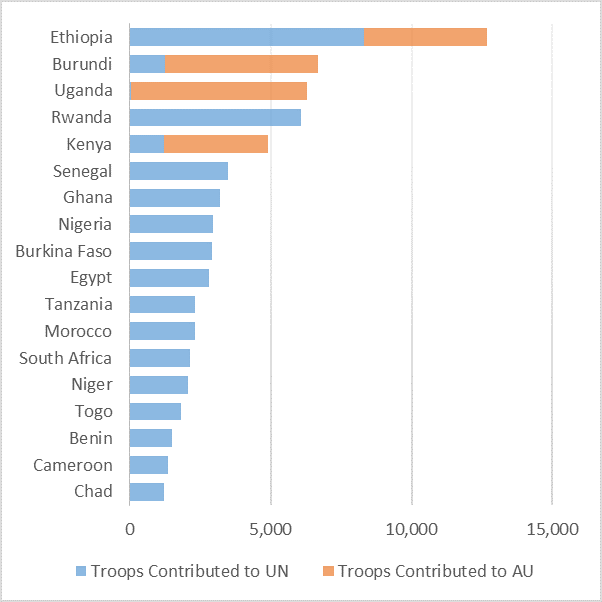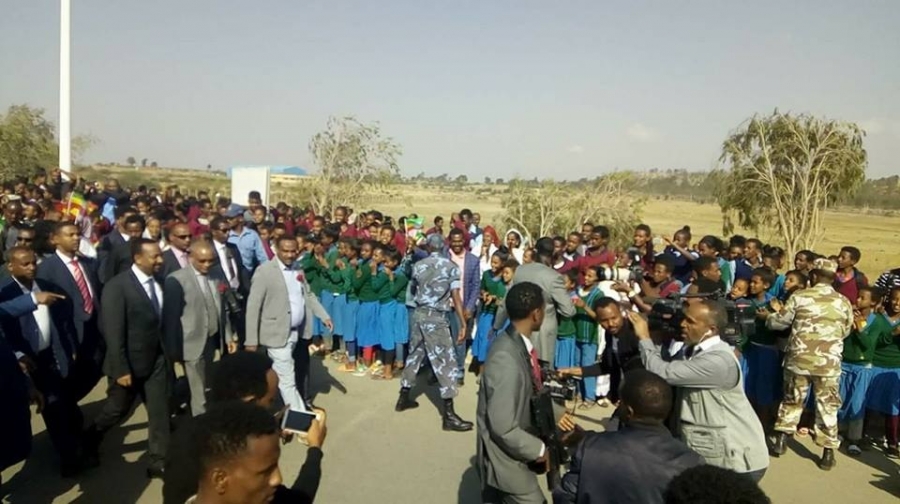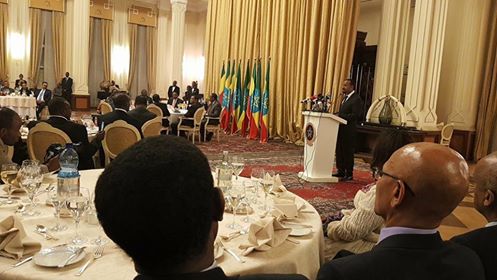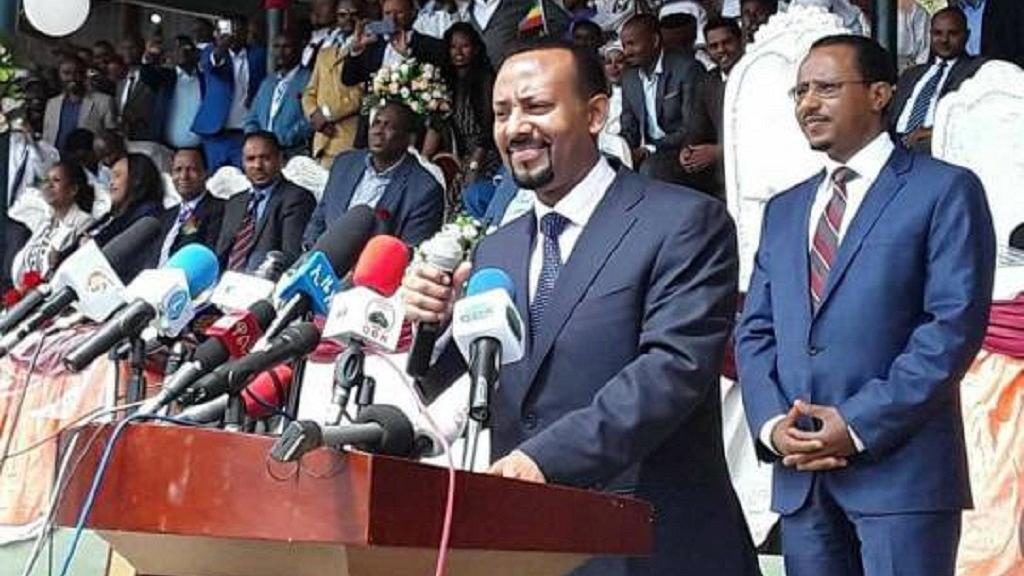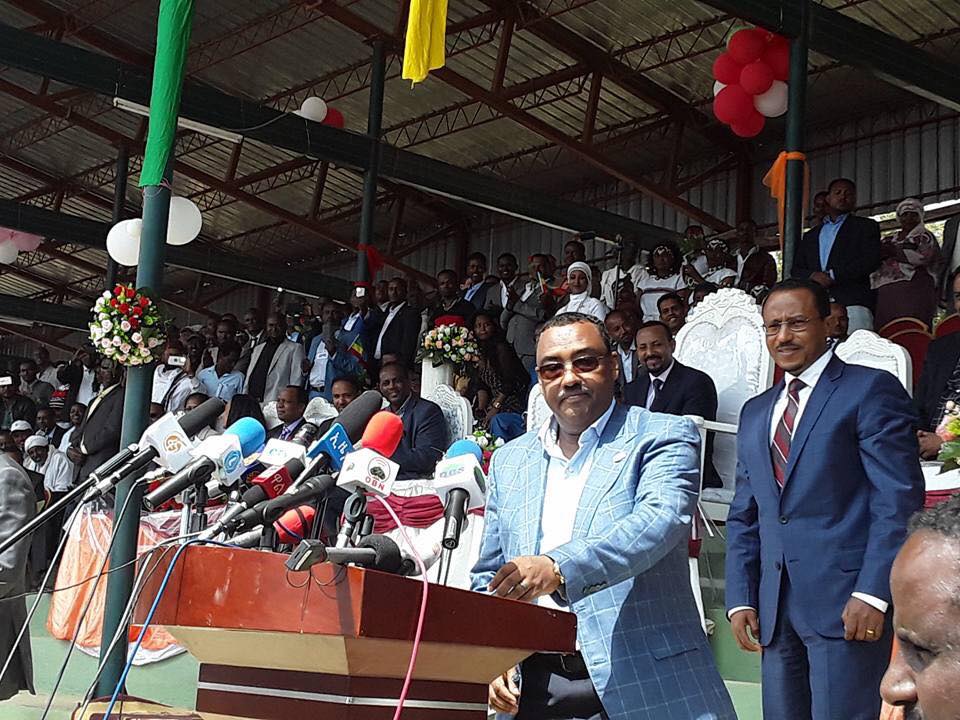
Ethiopia’s new Prime Minister, Abiy Ahmed, named his cabinet members on 19 April as well as heads of relevant federal government organizations. PM Ahmed, who presented 16 new cabinet members for approval to the Ethiopian House of People’s Representatives, also appointed nine officials as heads of various federal government offices.
Following the endorsement of Ahmed’s new 16 cabinet members by the parliament’ lower house unanimously, the premiere has now 29 cabinet members, of which 16 have already been appointed.
From the incoming 16 cabinet members, 10 have been appointed for various ministerial positions, while the remaining six were reshuffled from one ministerial position to another. Some 13 of the ministers in the 29-member cabinet have remained in their previous positions.
While presenting his recommendations to the parliament’s lower house, the Premier stressed that the major tasks for the newly appointed ministers should be the fight against corruption, strengthening accountability as well as reducing extravagant procedures.
He also indicated that one of the major reasons behind the cabinet members reshuffle was the persistent public dissatisfaction and anger that was exacerbated by mal-administration and lack of accountability.
According to the Prime minister, the selection of the newly appointed ministers was made after careful analysis and investigation of their previous work experience as well as the working performance of their previous organizations.
Among the reshuffled ministers include the former minister of defense, Siraj Fegessa, who has been appointed as minister of transport, while Motuma Mekasa, who was former minister of mine was assigned as minister of defense.
He has also appointed nine other officials for various pertinent positions within the federal government structure, which include the Federal Police Commission, the Ethiopian Information Network Security Agency and Metal and Engineering Corporation.
The Ethiopian House of People’s Representatives has also on Thursday elected the first female House speaker, Muferiat Kamil, succeeding Abadula Gemeda, who has been on the position since 2010.


